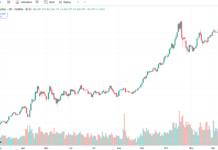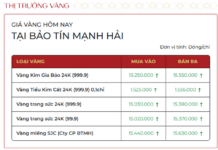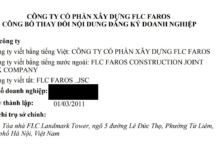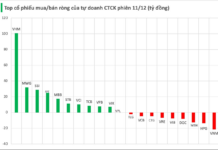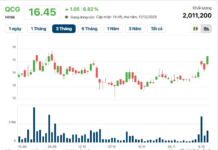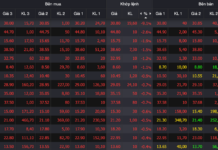Since the beginning of 2024 until now, the USD/VND exchange rate has experienced several sharp increases in both the banking system and the free market. Economic expert Dinh Trong Thinh identifies three reasons for the increase in the value of USD.
“Firstly, after the Tet holiday, businesses have resumed their import activities to serve their orders, resulting in a significant demand for USD and thus an increase in the exchange rate. The increased import activities are good news for the economy, but in the short term, they also contribute to the pressure on the exchange rate.”
Secondly, during the Tet holiday, overseas Vietnamese return to the country. After Tet, they go abroad again and need USD to buy and sell goods and to take with them.
Thirdly, the beginning of this year has seen a significant increase in export activities. The trade surplus is relatively large, but the money has not returned, leading to a temporary imbalance in the supply and demand of foreign currencies.”
According to Mr. Thinh, in this context, the authorities have managed the USD/VND exchange rate in a direction that prevents a large difference between the bank rate and the “black market” rate, in order to prevent speculation in USD.
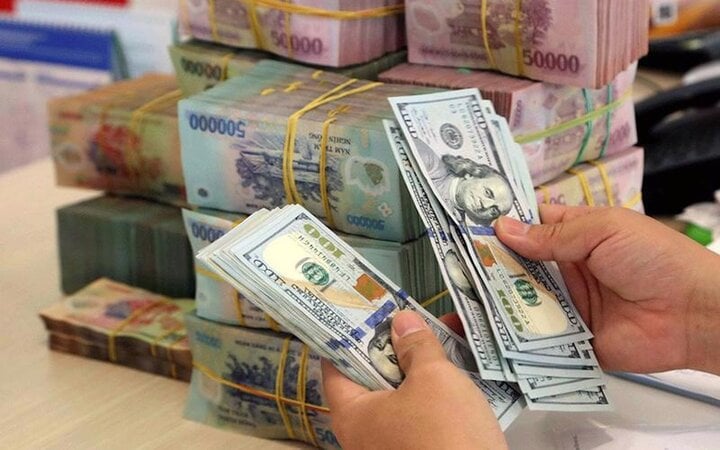
The USD price on the free market continues to rise. (Illustrative photo)
However, Mr. Thinh believes that when market demand cools down, the bank exchange rate will quickly decrease and the free market rate will also decrease. “I believe that in March 2024, after the lunar New Year, the USD exchange rate will decrease,” said Associate Professor Dr. Dinh Trong Thinh.
Meanwhile, Mr. Nguyen Tri Hieu, a financial and banking expert, believes that the exchange rate usually tends to increase in the first half of the year and then decrease towards the end of the year. The USD exchange rate will continue to rise until the Federal Reserve (Fed) announces an interest rate cut, which will slow down the increase in the USD/VND exchange rate and even potentially lead to a decrease.
According to Mr. Hieu, in recent times, the domestic exchange rate has depended heavily on changes in US monetary policy. The USD has been continuously strengthening globally, with the USD-Index rising from 101.38 points at the beginning of the year to over 104 points at present. This indicates that the USD has maintained its strength as the Fed has not cut interest rates as expected before.
Although the Fed has signaled the possibility of an interest rate cut this year, the timing of the rate cut has not been clear yet. The institution still maintains an anti-inflation stance, meaning that it will continue to tighten monetary policy. This puts pressure on the exchange rates of many countries in the world, including Vietnam.
The high USD/VND exchange rate creates inflationary pressure and affects the attraction of foreign investment into Vietnam. However, Mr. Hieu believes that the situation will not be as tense as it was in 2022 – when the Fed continuously raised interest rates. In the short term, the exchange rate may increase by more than 3%, but then it will gradually decrease, and for the whole year, it is likely to revolve around 3%, which is an acceptable increase.
On February 29, USD prices at banks were very high, about 400 VND more expensive compared to the beginning of the year.
Specifically, the USD/VND exchange rate at Vietcombank is currently at 24,450 – 24,820 VND/USD, an increase of 30 VND in both buying and selling compared to the previous session.
Agribank listed its USD price at 24,450 – 24,790 VND/USD, unchanged. The USD/VND exchange rate at VietinBank is 24,396 – 24,816 VND/USD, a decrease of 11 VND in buying and a decrease of 29 VND in selling.
The USD/VND exchange rate at BIDV is currently at 24,505 – 24,815 VND/USD (buy – sell), an increase of 55 VND compared to the previous trading session.
In the private banking sector, the USD/VND exchange rate at Techcombank is 24,468 – 24,810 VND/USD, an increase of 10 VND in buying and 6 VND in selling.






